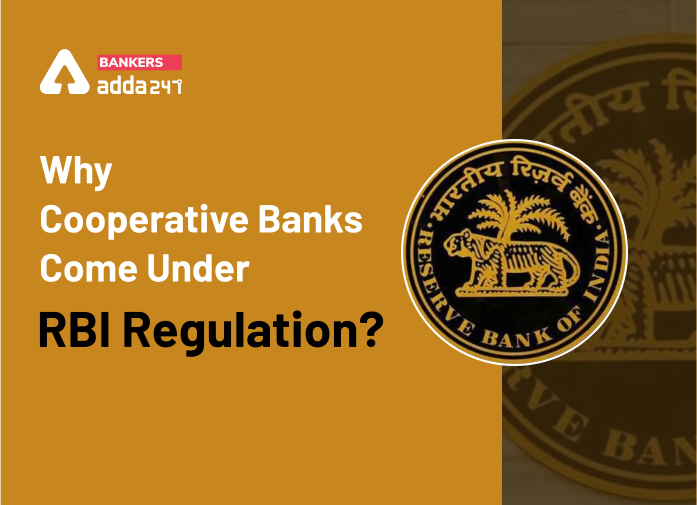Table of Contents
If you are wondering what are cooperative Banks and what do they do?. You are probably at the right place as in this article we will be discussing all about cooperative Banks.
- What are Cooperative Banks?
- Types of Cooperative Banks
- Why people deposits their money in Cooperative Banks?
- Regulation Of Cooperative Banks
- Difference between Commercial Banks and Cooperative Banks
- Why Co-operative Banks are failing in India?
- Current Status Of Co-operative Banks In India( as of march,2019)
What are Cooperative Banks?
Cooperative Banks are the type of banks which operates in India. They are known so because of the purpose they serve which is mainly financing the small lenders. Cooperative banks generally lends money to small businessmans and farmers. Cooperative banks generally gets deposits from their own shareholders and from public as well. Cooperative banks does not deal with big individuals or companies.
Types of Cooperative Banks
There are two types of Cooperative Banks namely- Urban Cooperative Banks and Rural Cooperative Banks. Currently in India there are 96,606 Rural Cooperative Banks and 1,542 Urban Cooperative Banks.
Different types of Rural Co-operative Banks in India
| Rural cooperative banks types | Total Number |
| Primary agriculture credit society | 95,595 |
| Primary Co-Operative agriculture and rural development banks | 601 |
| District Central Co-Operative Banks | 364 |
| State Co-operative banks | 33 |
| State Co-operative agricukture and rural development banks(SCARDBs) | 13 |
Different types of Urban Co-operative banks in India
| Urban Co-operative Banks | Total Number |
| Scheduled Banks | 54 |
| Non- Scheduled Banks | 1,488 |
Why people deposits their money in Cooperative Banks?
Cooperative banks generally gets deposits from their own shareholders and some from public but the intrest rate on deposit is high in comparison to the commercial banks. Thus people deposit their money in Cooperative banks than Commercial banks.
Regulation Of Cooperative Banks
Cooperative Banks are registered under Banking Regulation Act 1949 but also with Cooperatives societies, Act 1965 as well. Cooperative Banks are regulated by both RBI and NABARD.
Difference between Commercial Banks and Cooperative Banks
| Commercial Banks | Cooperative |
| Deals with individuals and firms. | Deals with small lenders,farmers. |
| Registered under Banking Regulation Act 1949 | Cooperative societies, Act 1956 |
| Regulated by Reserve Bank Of India | Regulated by Reserve Bank Of India and NABARD |
| They are large in size | They are small in size |
| Their aim is to earn profit | Its aim is to provide service |
| Account holders are public or companies | Account holders are shareholders and public |
Why Co-operative Banks are failing in India?
- Lack of attention given to the Co-operative banks failures is one such reason.
- The license providing rule is not very strict with the Co-operative bank. A bank open as a primary credit society can become an urban co-operative bank if they have a deposit of just one lakh which is a very meagre amount for any organisation to work as a financial institution.
- Liquidation process of a company is handed over to the Registrar Of Co-operative Societies. RBI has no role to play in the liquidation of a Co-operative bank thus causing a chaos while the proceedings.
Current Status Of Co-operative Banks In India (as of March 2019)
- 46 Urban Co-operative Banks had negative net worth and 26 were under direction of the RBI
- Around 40% of PACs are loss making
- Nearly 24% SCARDBs loans and 33% PCARDBs loans as of March 2017 were NPAs
Register here to get study materials and regular updates!!
Practice with,
- SBI Clerk Prelims Revision Video Course
- SBI Clerk Book 2020 Prelims Exam | Mock Test (English Edition)



 IBPS Final Result 2025 Coming Out Tomorr...
IBPS Final Result 2025 Coming Out Tomorr...
 Simple Tips to Avoid Common Mistakes In ...
Simple Tips to Avoid Common Mistakes In ...
 Important Topics & Shortcuts for IDB...
Important Topics & Shortcuts for IDB...


